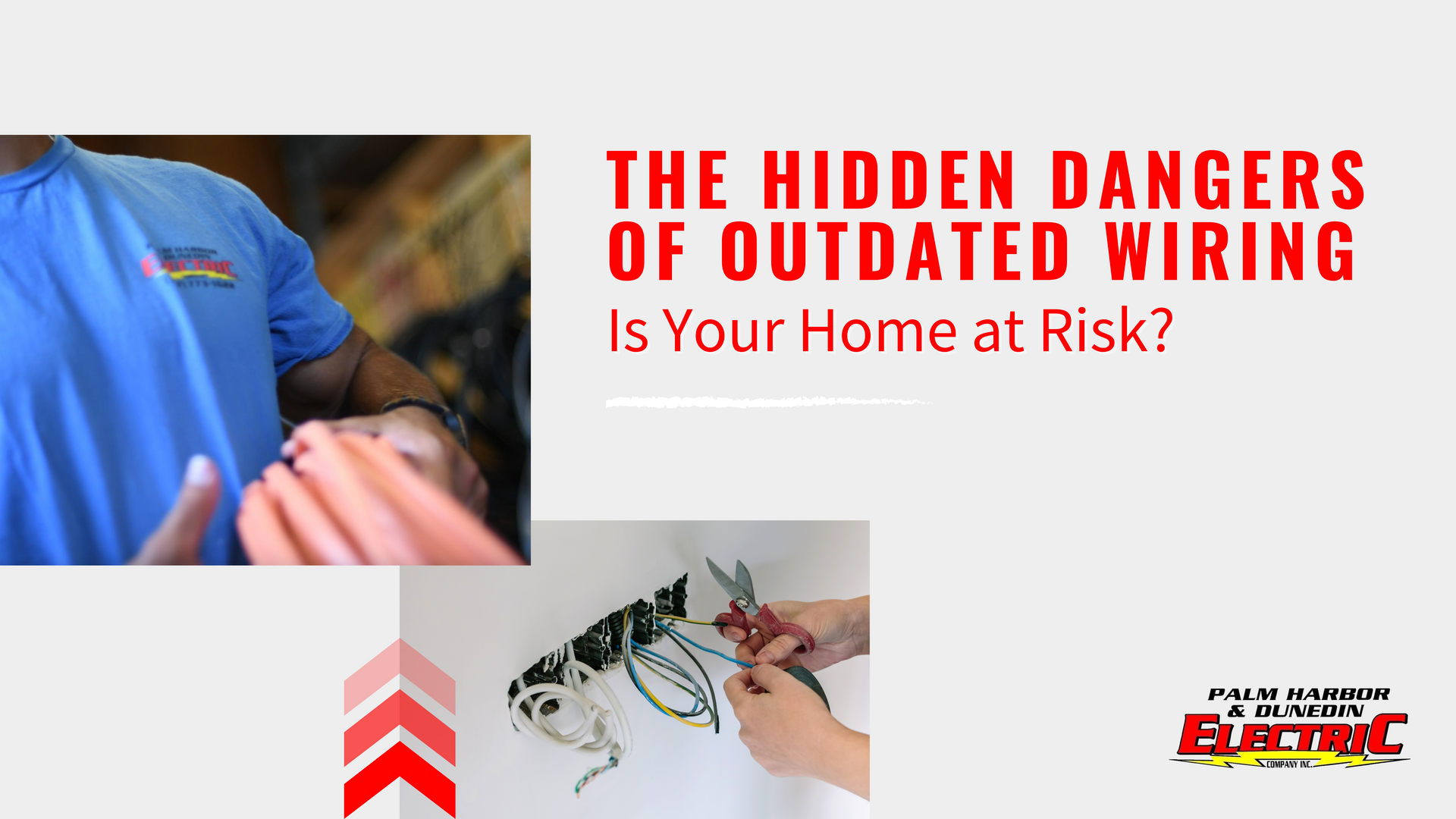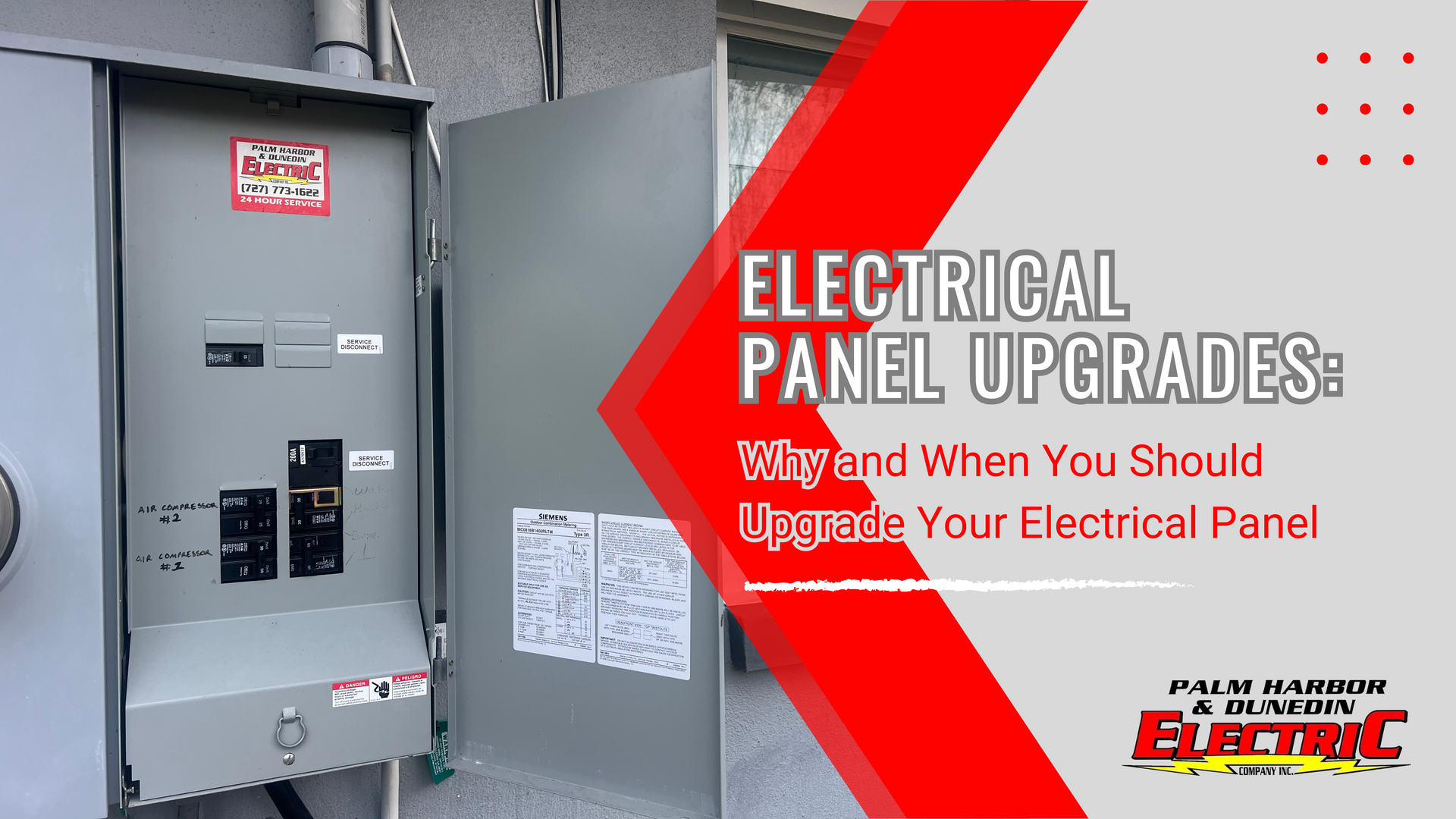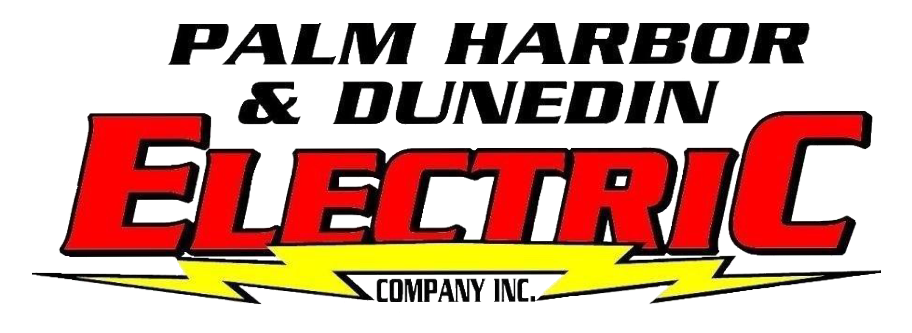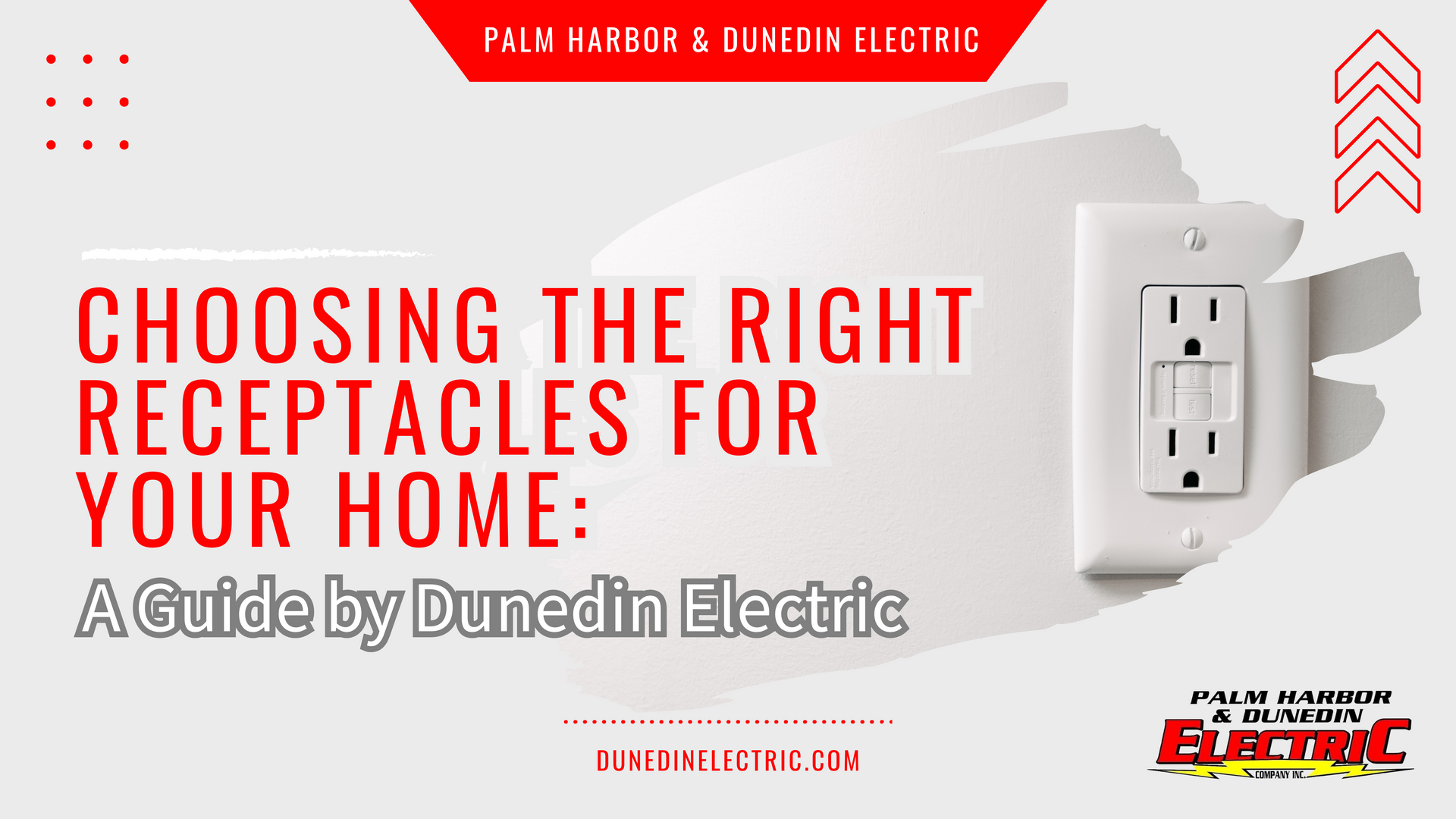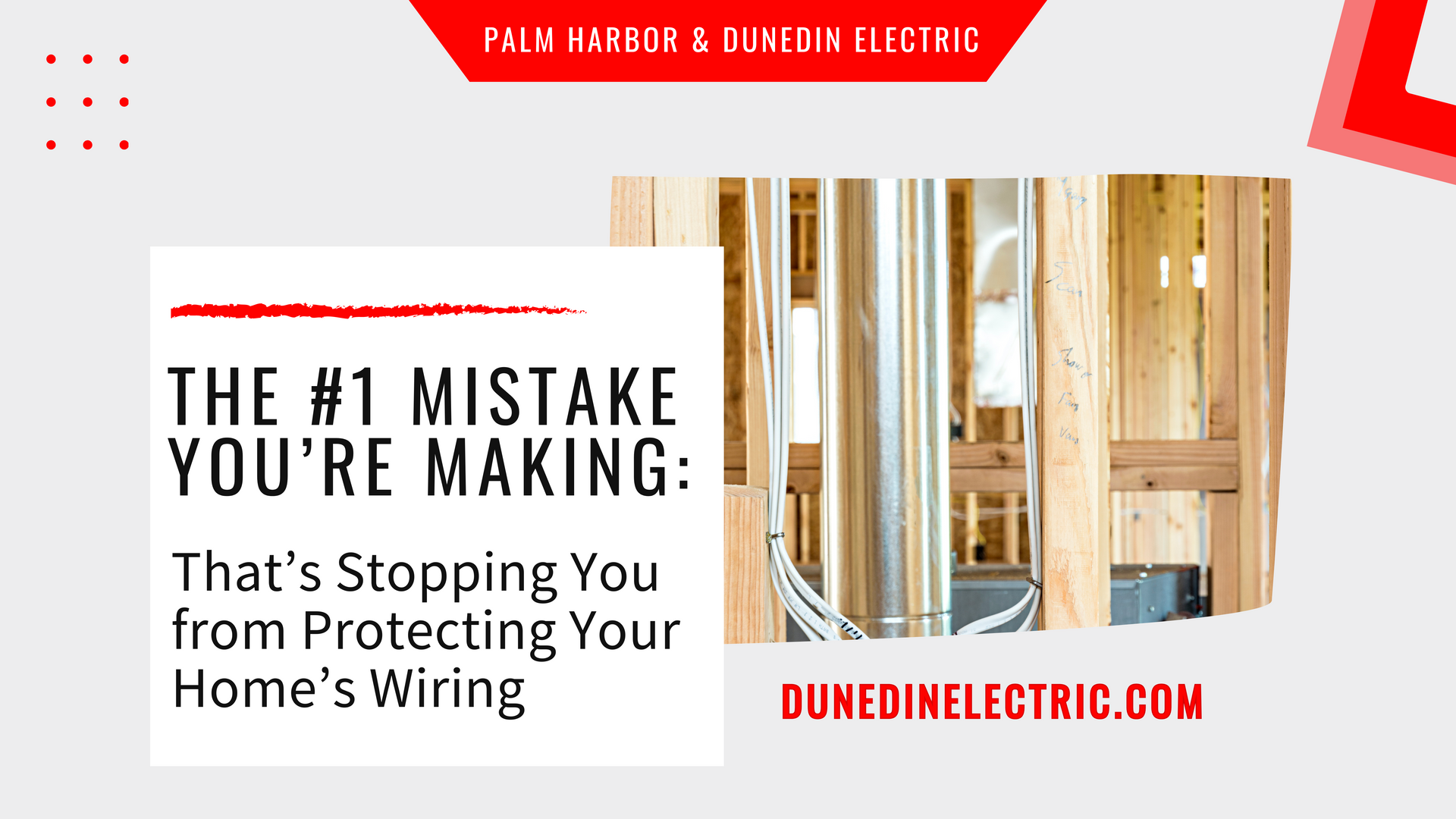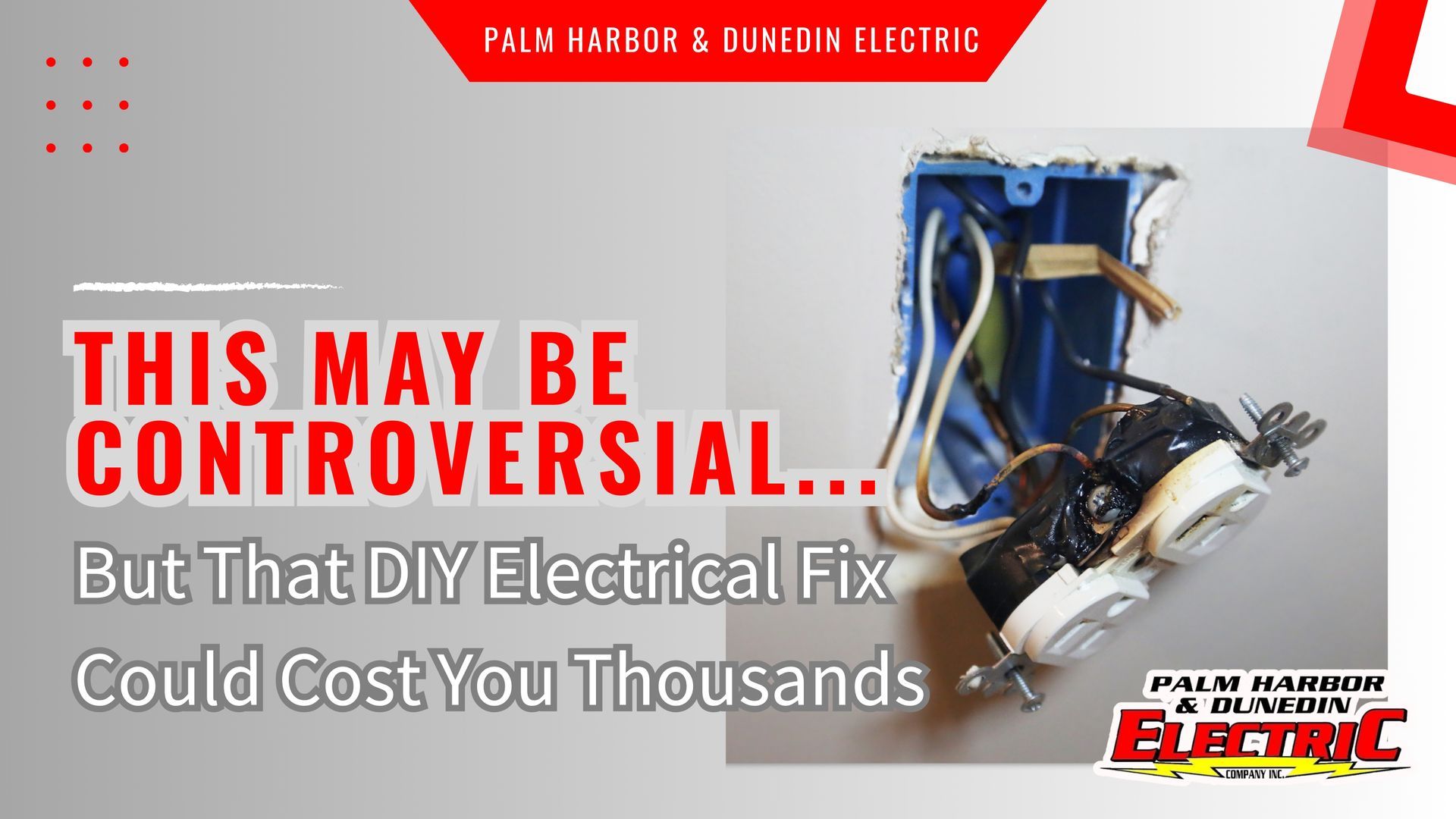Stop Overloading Your Outlets: Do This Instead
Stop Overloading Your Outlets: Do This Instead
We’ve all been guilty of it—plugging multiple devices into one outlet to save time or space. From laptops and phone chargers to heaters and hairdryers, modern homes are packed with electronics, and it’s tempting to overload outlets to keep everything powered up. But did you know that overloading outlets is one of the leading causes of electrical fires?
If your outlets are buzzing with too many cords or power strips, it’s time to rethink your approach to electrical safety. Here’s why overloading outlets is dangerous, and what you can do instead to protect your home and family.
Why Overloading Outlets Is Dangerous
When too many devices are plugged into one outlet, they draw more electrical current than the outlet is designed to handle. This can cause overheating, sparks, and potentially a fire. Electrical fires are responsible for tens of thousands of home fires annually, causing significant property damage and even loss of life.
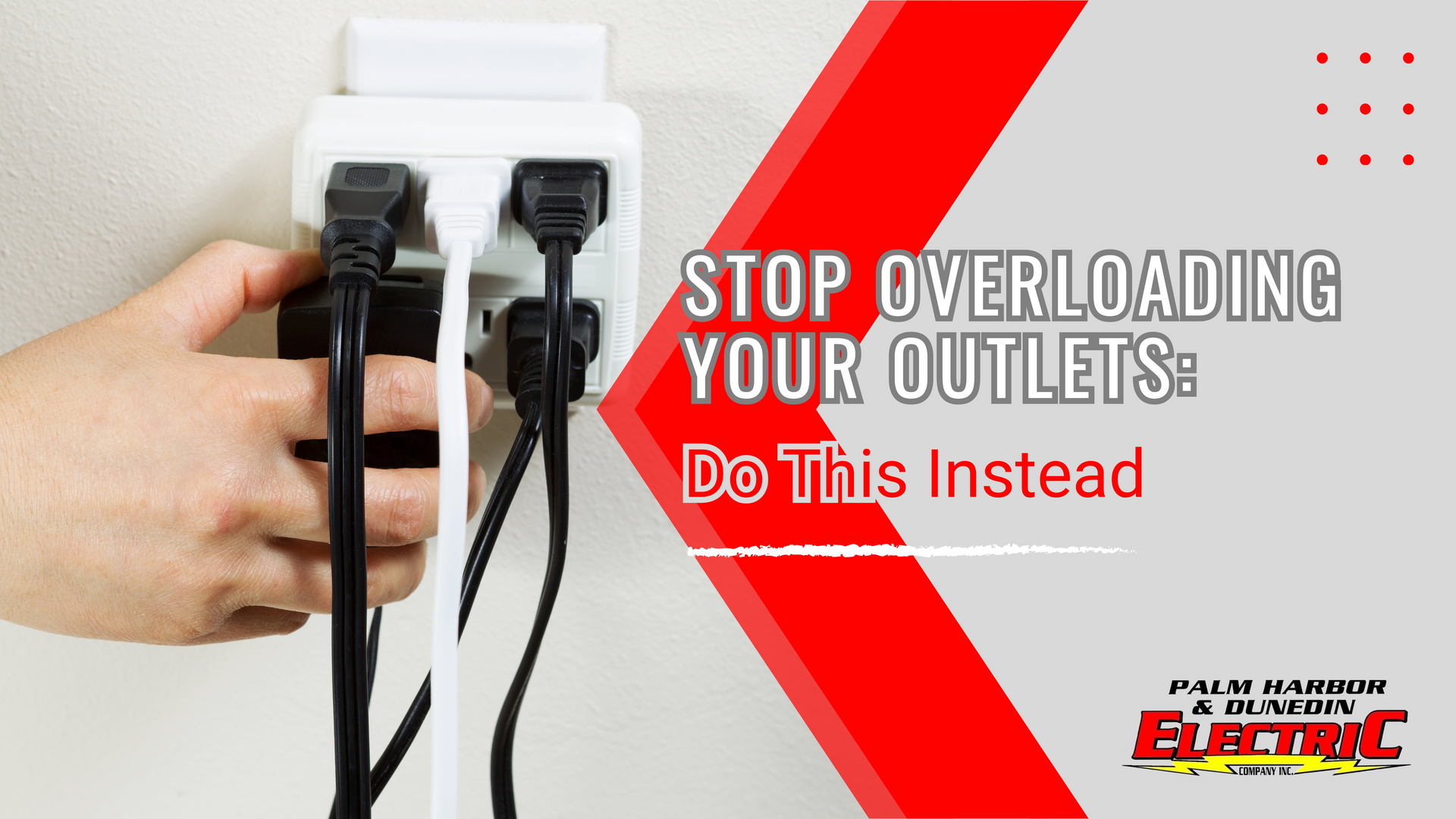
Overloaded circuits can also damage the electronics themselves, reducing their lifespan and leading to costly replacements.
Warning Signs Your Outlets Are Overloaded:
- Flickering or dimming lights
- Warm or hot outlets
- Frequent circuit breaker trips
- A burning smell or scorch marks near outlets
- Buzzing sounds
If you notice any of these signs, unplug your devices immediately and consult an electrician.
The #1 Mistake: Neglecting Regular Electrical Maintenance
Many homeowners assume that once the wiring is installed, it doesn’t need any further attention unless something goes wrong. This is a dangerous misconception. Just like any other system in your home, your electrical wiring requires periodic check-ups to ensure it’s in good condition.
Common Signs Your Wiring Needs Attention:
- Frequent circuit breaker trips
- Flickering or dimming lights
- Burning smells or scorch marks around outlets
- Outlets that feel warm to the touch
- Electrical shocks when plugging in or unplugging devices
If you've noticed any of these signs, it's a clear indication that your wiring needs immediate attention from a professional.
What To Do Instead
So, how do you keep your electronics running without risking an electrical overload? Here are some safer alternatives:
1. Use Power Strips with Surge Protectors
If you’re relying on power strips, make sure they come with a built-in surge protector. These devices can absorb excess energy in the case of a power spike, protecting your gadgets from damage. However, remember that even surge-protected power strips have limits—don't exceed the wattage they’re designed to handle.
2. Invest in Smart Plugs
Smart plugs are an excellent option for modern homes. Not only do they allow you to control devices remotely, but many models can also monitor energy usage. Some even alert you when you're close to overloading a circuit. Plus, they can automate shutting off unused electronics, further reducing the risk of an electrical issue.
3. Distribute Load Across Circuits
Rather than plugging everything into one or two outlets, spread your devices across different circuits in your home. Use outlets in different rooms or parts of the house to balance the load. This will reduce strain on individual circuits and decrease the risk of an overload.
4. Upgrade to More Outlets
If you constantly find yourself short on outlets, it might be time for an electrical upgrade. Adding more outlets, especially in areas with a high demand for power, like the kitchen or home office, can relieve the pressure on existing ones. Always hire a licensed electrician to ensure safe installation.
5. Install Dedicated Circuits
Some high-wattage devices, such as space heaters, air conditioners, or power tools, require their own dedicated circuit. These devices consume a lot of electricity and can easily overload a shared outlet. Installing dedicated circuits ensures these power-hungry items have a safe and sufficient energy source.
6. Practice Minimalism with Devices
It’s easy to accumulate a large number of gadgets over time, but do you really need them all plugged in at once? Consider unplugging devices that aren’t in use or necessary. This not only saves energy but also lowers the chance of an overload.
7. Install Ground Fault Circuit Interrupters (GFCIs)
For areas like kitchens, bathrooms, or any place with water, GFCIs are a must. These outlets shut off the electrical flow if they detect moisture or an imbalance in the current, significantly reducing the risk of shock or fire.
When to Call an Electrician
While some outlet issues can be addressed by spreading out devices or upgrading power strips, there are times when you’ll need professional help. If your home consistently struggles with electrical load, you might need a full electrical inspection or a system upgrade. Old wiring, outdated fuse boxes, or insufficient amperage can all contribute to the problem and require an expert’s touch.
Protect Your Home with Dunedin Electric – Call Today!
Overloading outlets might seem convenient, but the risks far outweigh the benefits. By taking simple steps like investing in surge protectors, using smart plugs, and distributing electrical load, you can protect your home and avoid dangerous electrical hazards.
Your electronics—and your safety—are worth the extra effort. Don’t wait for a sign of trouble. Take action today and keep your outlets, and your home, safe from overload.
Don’t wait until it’s too late! Whether you’re worried about overloaded outlets, need an electrical upgrade, or want expert advice on keeping your home safe, Dunedin Electric has you covered. Our licensed electricians are here to provide safe, reliable solutions for all your electrical needs.
Call Dunedin Electric at (727)773-1622, or visit our website at www.dunedinelectric.com to book your appointment.
Your safety is our priority—let’s power your home with confidence!
